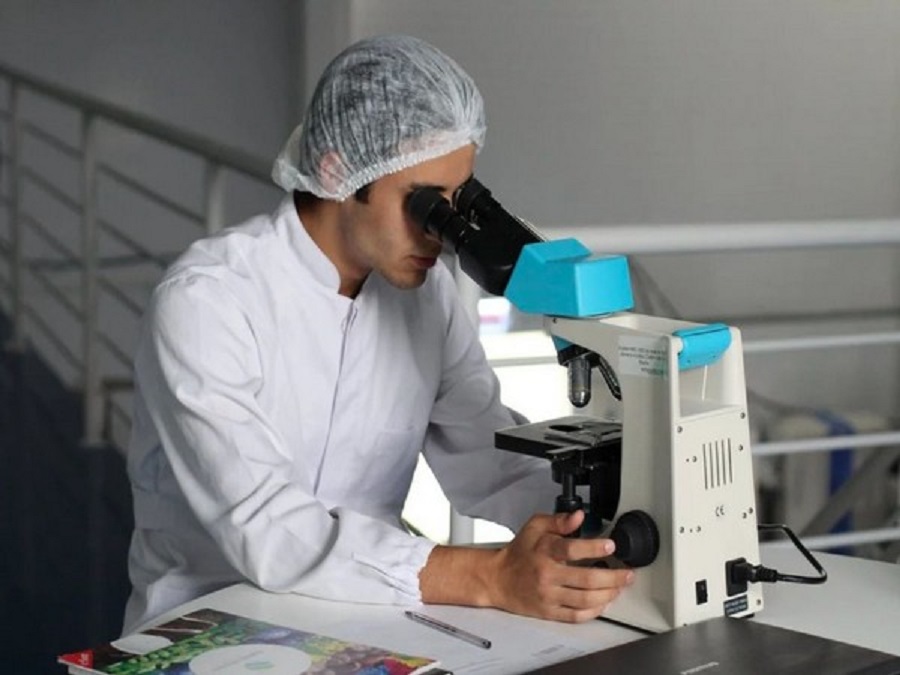Research shows how oestrogen protects against fatty liver
New research from Sweden's Karolinska Institutet demonstrates how oestrogen protects against MASLD, a fatty liver disease that has developed rapidly during the obesity epidemic. further on Dynamite News:

Washington DC [US]: New research from Sweden's Karolinska Institutet demonstrates how oestrogen protects against MASLD, a fatty liver disease that has developed rapidly during the obesity epidemic. The study, published in the journal Molecular Systems Biology, demonstrates how a new medicine under development could become a future treatment for fatty liver disease and liver cancer.
The global obesity epidemic has resulted in a dramatic increase in fatty liver, a disease in which fat that does not fit into fat cells is stored in liver cells instead.
Since last year, fatty liver due to obesity (and not excessive alcohol consumption) is known as MASLD (metabolic dysfunction-associated steatotic liver disease).
According to previous research, as many as one in three adults are affected by some degree of MASLD, which in the worst cases can develop into cirrhosis and liver cancer.
Women are protected until menopause
However, the disease is very unevenly distributed between the sexes, with a large majority of affected individuals being men.
"Women have a natural protection until menopause due to the female sex hormone oestrogen," explains Claudia Kutter, senior researcher at the Department of Microbiology, Tumor and Cell Biology, Karolinska Institutet who led the study.
Also Read |
Researchers discover new approach against fatty liver
Although women's protection has been known for some time, the mechanism behind the protective effect has been less clear. Now Claudia Kutter's research team may have found the answer.
Through genetic analyses of mice of both sexes fed a high-fat diet, with some of the male mice also receiving oestrogen, the researchers were able to identify a key protein in the development of fatty liver.
The protein, called TEAD1, was found to play an overall role in regulating how liver cells absorb fat. Blocking TEAD1 protected liver cells from the harmful accumulation of fat. Mice receiving oestrogen treatment had lower TEAD1 activity and less fat accumulation in the liver.
New drug under development
In the next step, the researchers tested blocking TEAD1 in human liver cells with the same result. The fact that this was possible at all, however, was a bit of luck.
"It turned out that a pharmaceutical company is developing an anti-cancer drug that blocks TEAD1, which allowed us to test our hypothesis," says Claudia Kutter.
Also Read |
Warm milk makes you sleepy, study explains why
The fact that TEAD1 is also involved in cancer does not worry her, quite the contrary.
"Since the activity of TEAD proteins is elevated in cancer, blocking TEAD at an early stage can also be positive from a cancer point of view," she says. "Patients suffering from liver cancer are currently diagnosed very late. If the patient is given this drug early in the process to protect against fatty liver, it can hopefully also prevent the development of liver cancer."
Will be tested on humans
The pharmaceutical company will now start clinical trials of the drug as a protection against fatty liver disease, while Claudia Kutter's research team will continue researching further ways to tackle the disease.
"We want to focus on how to find the disease earlier and identifying new treatment targets," she says. "Different approaches may be needed for different patients depending on their gender and hormonal status." (ANI)
 Dynamite News
Dynamite News 